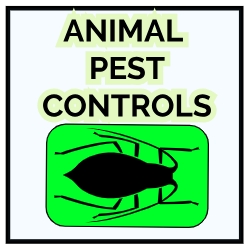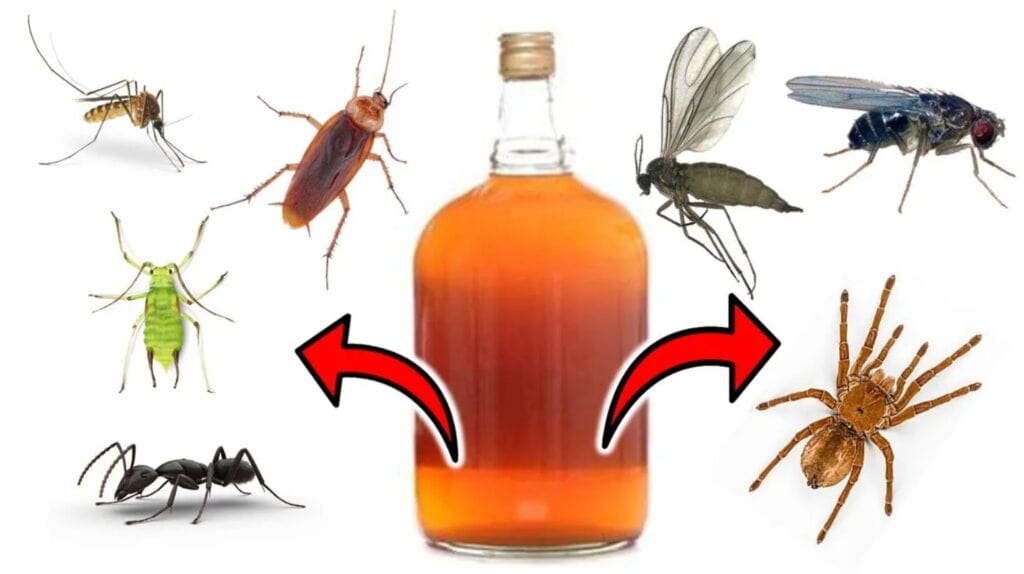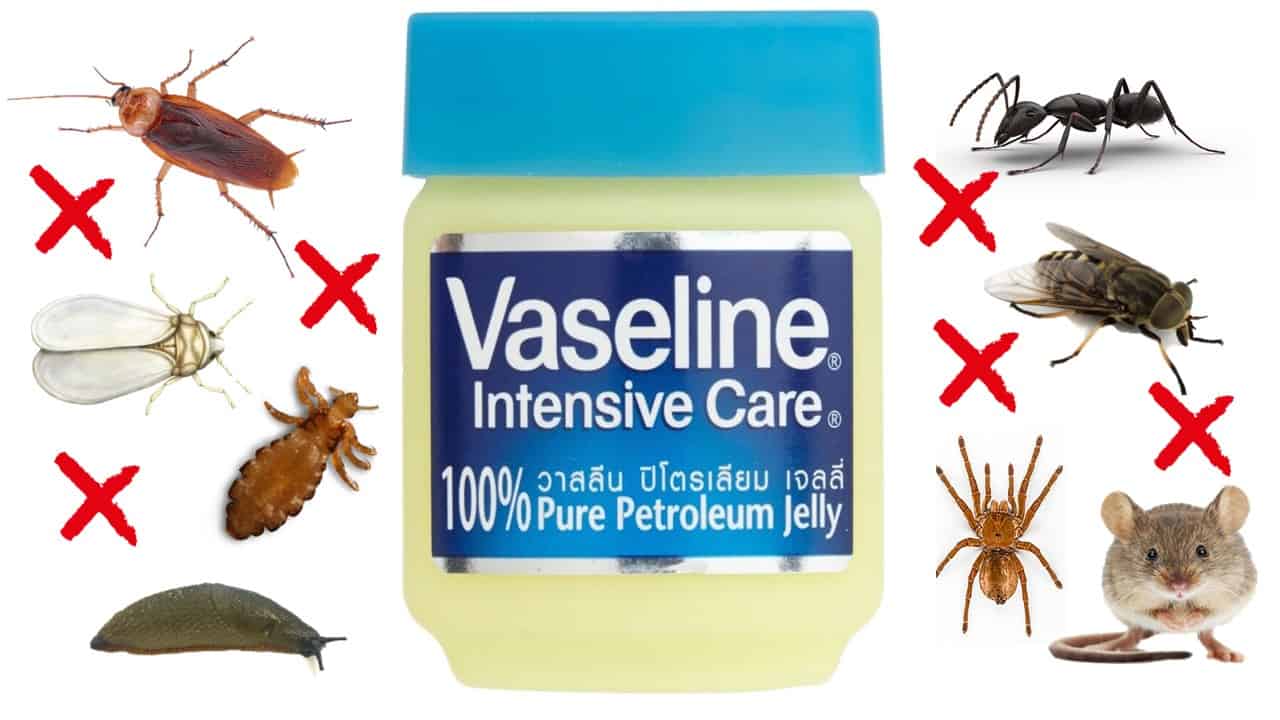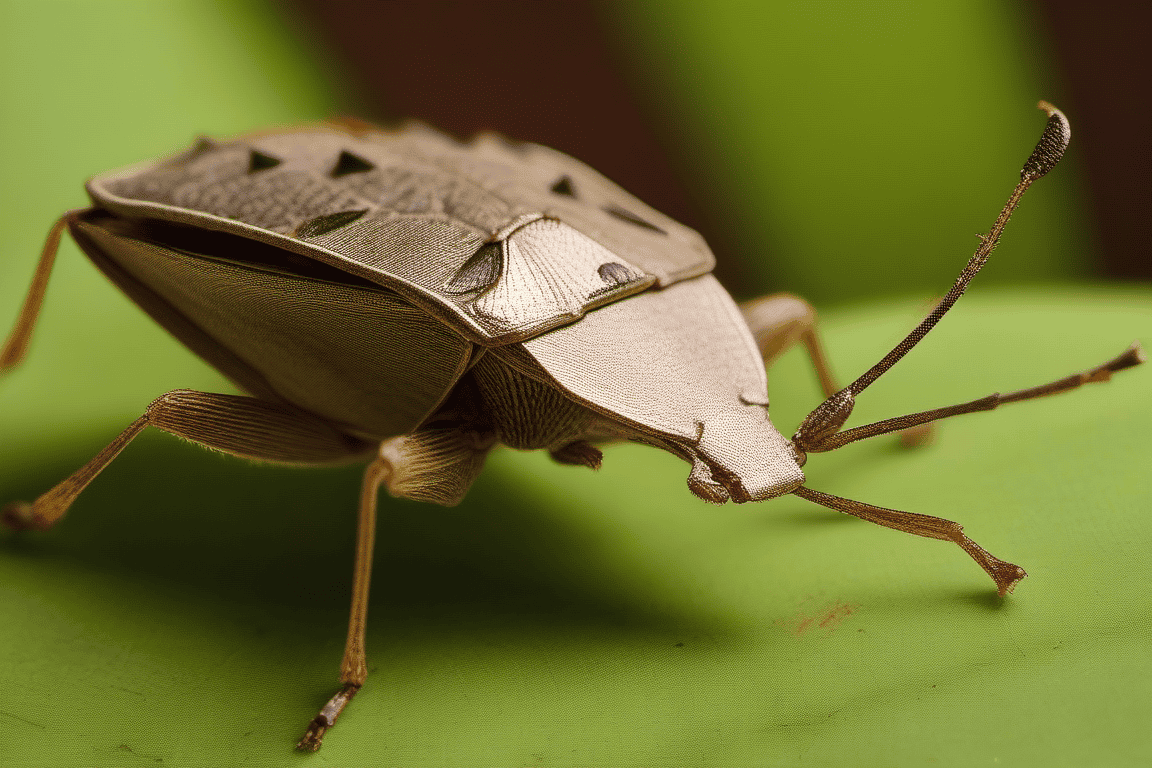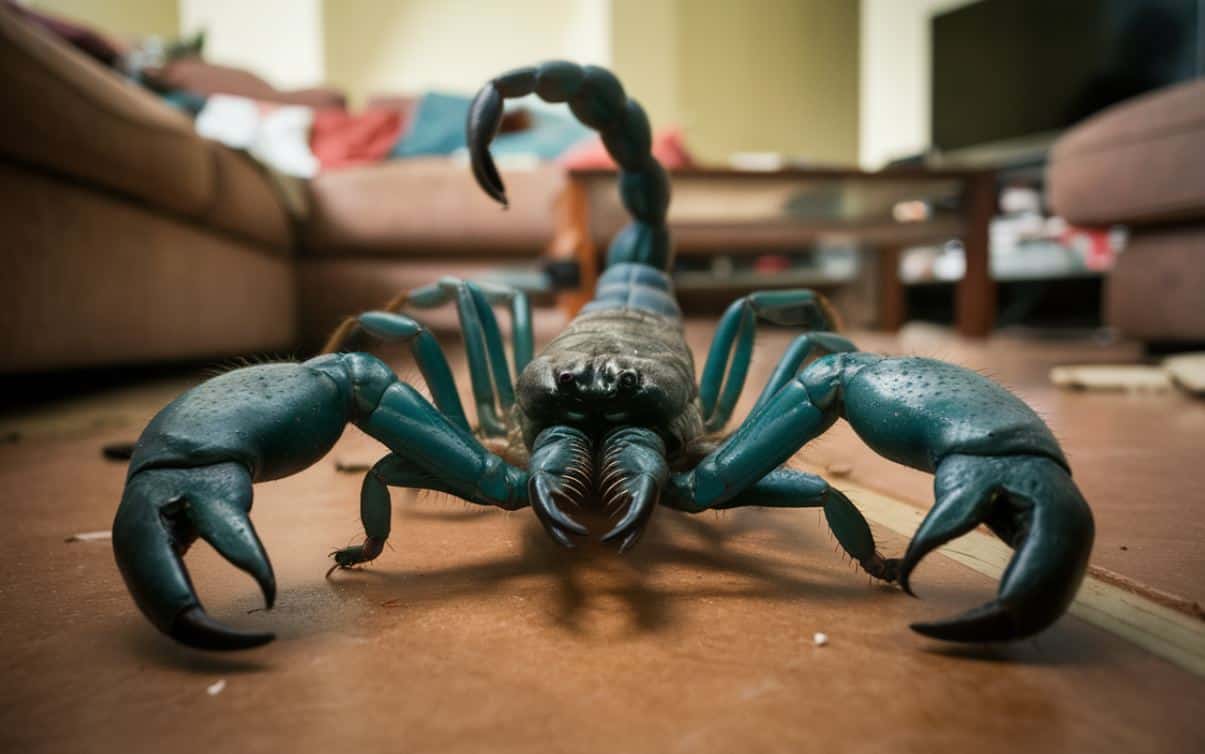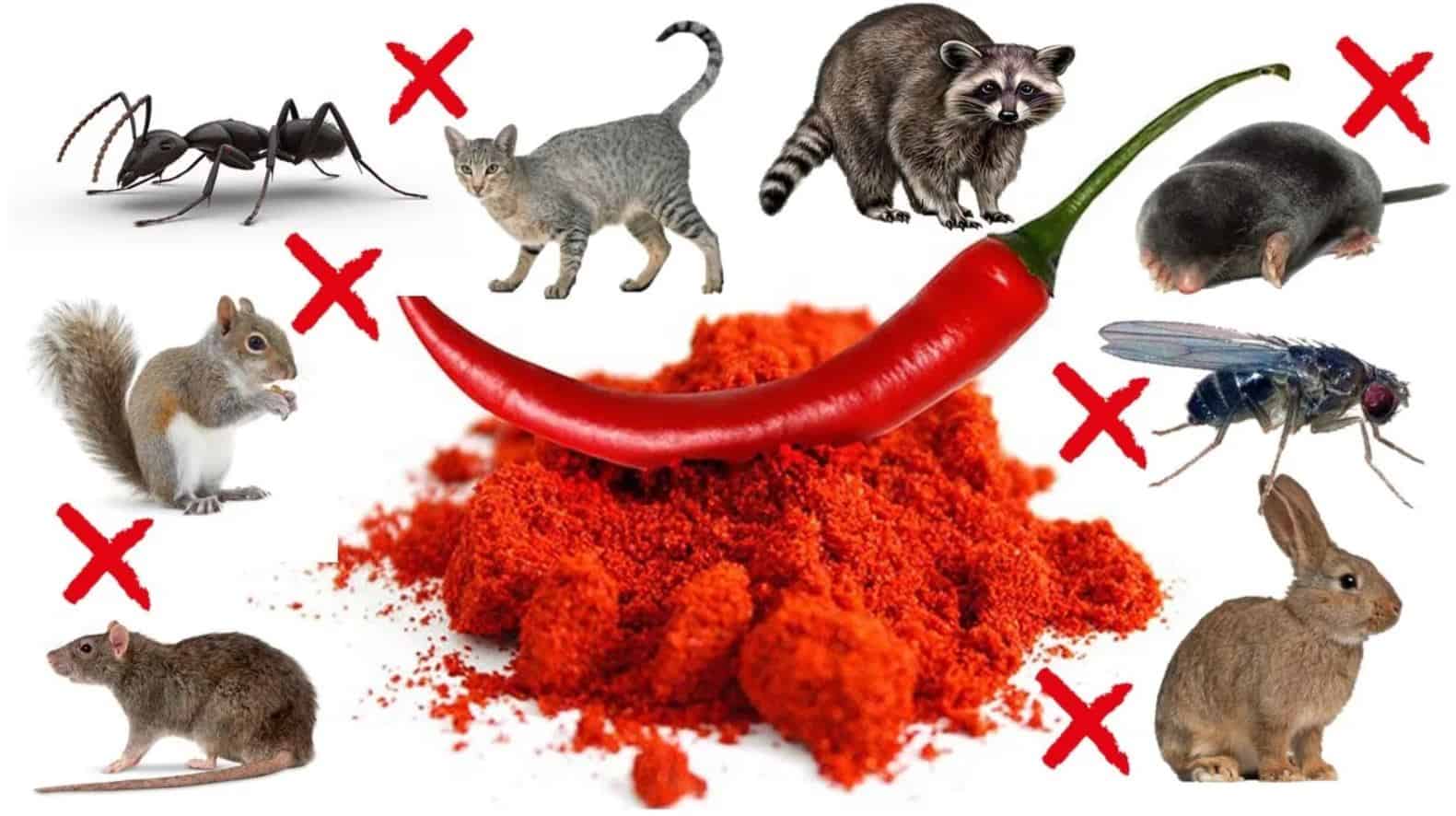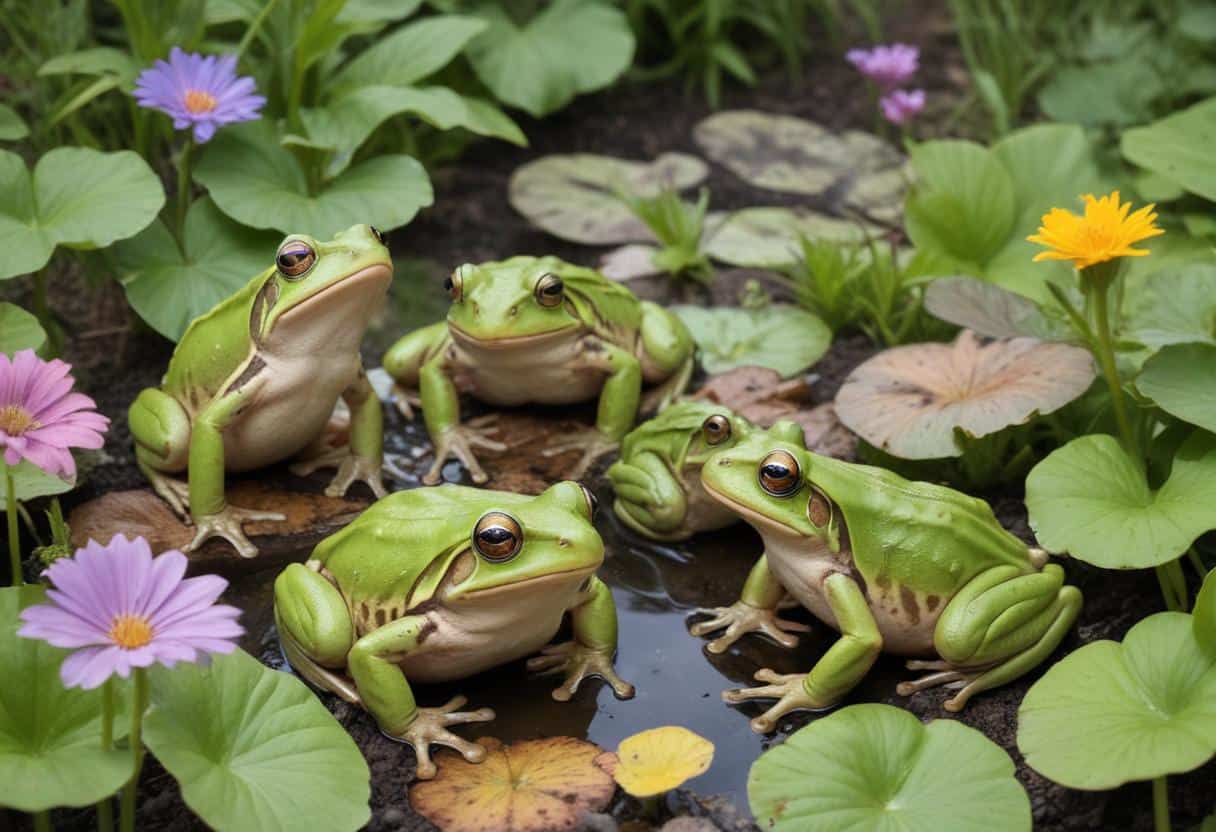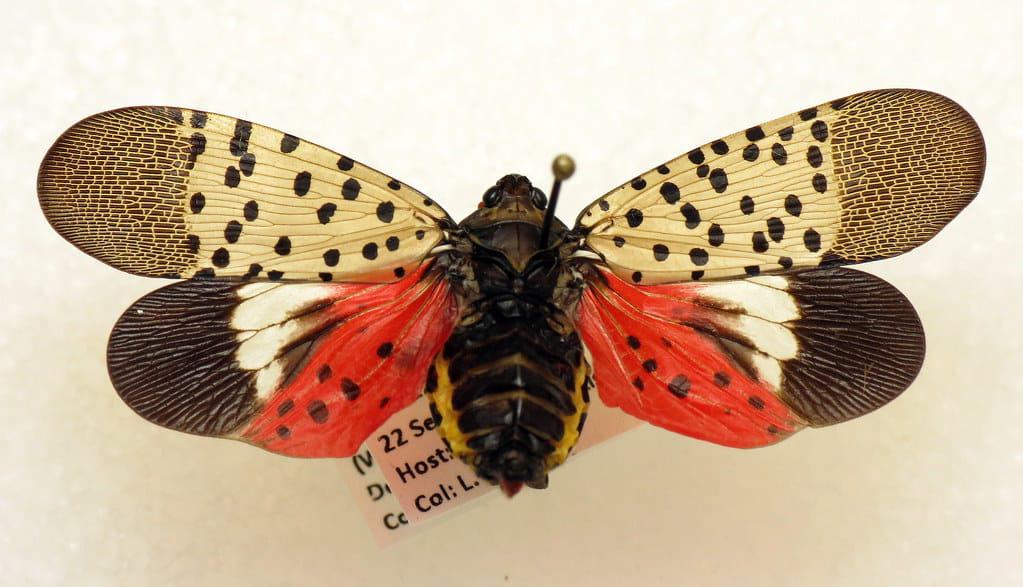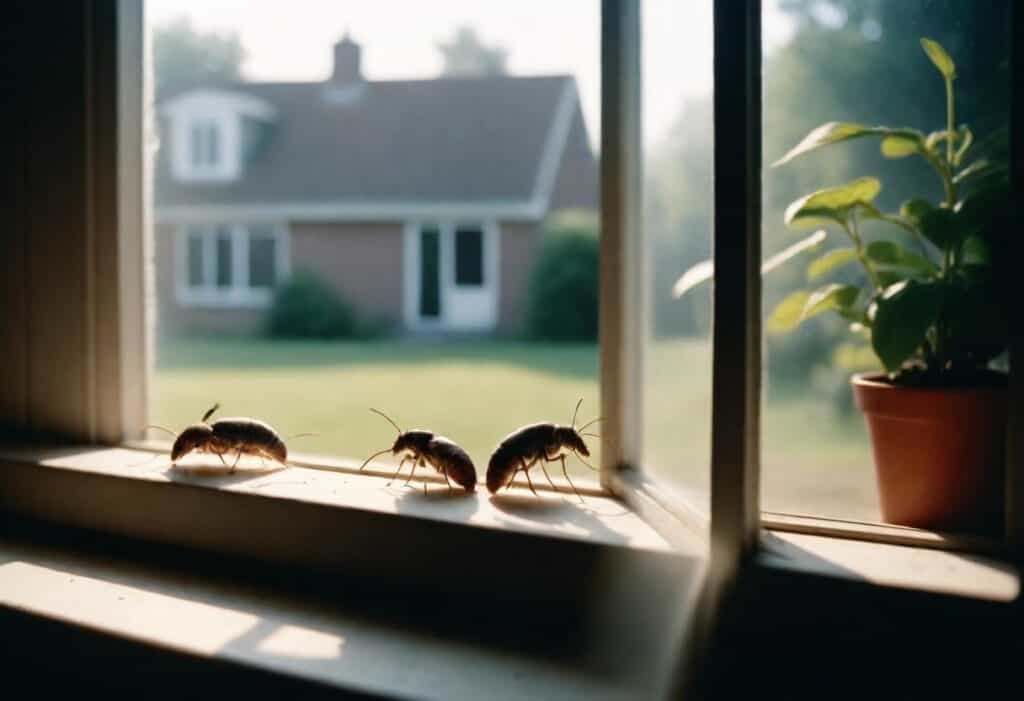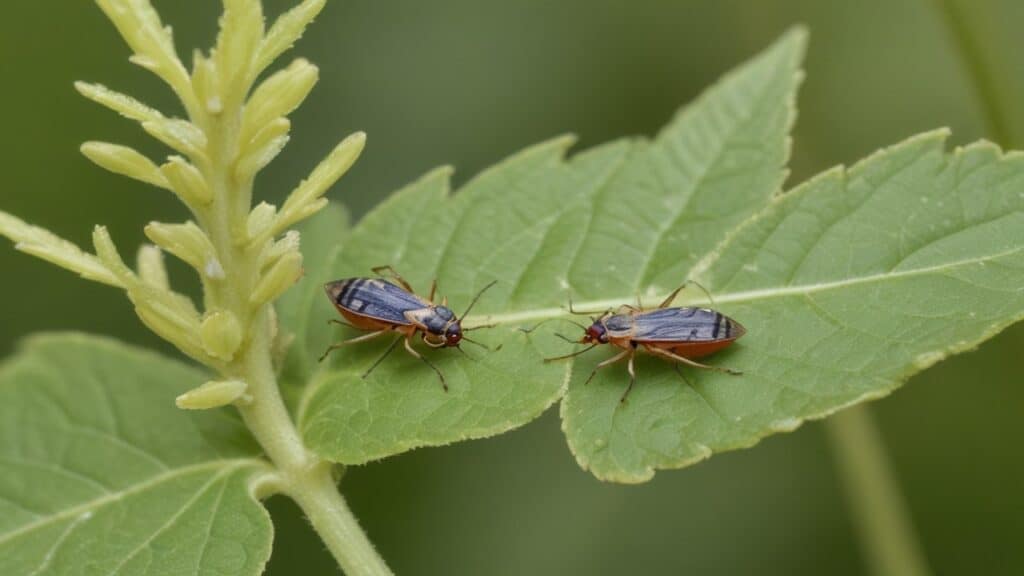Attention all nature enthusiasts battling against unwanted intruders!
It’s time to kick those creepy crawlies out of your living space and garden for good. Brace yourself for an epic showdown between wood vinegar and those tiny terrors that ruin your peace.
This captivating video will guide you through the ins and outs of using wood vinegar as a powerful weapon against pests, turning them into distant memories.
You’ll be amazed at how simple it is to protect your space with a sprinkle here and a spray there. Are you ready for a pest-free haven?
Don’t wait any longer. Watch now to reclaim your territory!
Table of Contents
What is Wood Vinegar?
Wood vinegar, AKA pyroligneous acid, is a natural product used for centuries for various purposes.
Manufacturers produce it through pyrolysis, which involves heating wood without oxygen.
This process provides a vaporous substance that condenses to create wood vinegar. A significant use of wood vinegar is for pest control. Its acidic aroma is a repellent for insects and pests such as mosquitoes, aphids, cockroaches, flies, and ants.
Wood vinegar is effective against pests and offers additional benefits for plants and soil health. When diluted and used as a fertilizer or foliar spray, it provides essential nutrients like potassium, calcium, magnesium, and phosphorus that promote plant growth.
Besides, its acidic properties help maintain the pH balance of the soil and prevent fungal diseases from spreading.
Wood vinegar is a versatile natural product for multiple purposes, including pest control and plant nourishment.
Its powerful repellent properties make it ideal for those seeking eco-friendly solutions to keep their homes and gardens from pests without harmful chemicals.
What are the Ways to Eliminate Pests with Wood Vinegar?
1. Aphids
Aphids are tiny insects that appear out of nowhere and wreak havoc on plants. These notorious pests are a nuisance and can cause significant damage to gardens and crops.
So, how can wood vinegar help exterminate these pesky aphids? The acidic nature of wood vinegar breaks down the protective coating around the aphid’s body, leading to dehydration and death.
You can create a powerful and effective solution to fend off those unwanted critters with readily available ingredients.
A popular mixture includes one tablespoon of dish soap, one tablespoon of wood vinegar, and 1 gallon of water. Pour the concoction into a sprayer and apply to areas with aphid activity.
Repeat this process twice a week in the evening. The dish soap will break down the protective coating on insects, making them more vulnerable to the vinegar’s acidity.
Besides, the soap will suffocate these pests by covering their breathing pores, immobilizing them. When combined with the drying properties of vinegar, this mixture becomes a double whammy against aphids.
Wood vinegar’s ability to eliminate these pests without harming beneficial flora and fauna makes it an ideal choice for environmentally-conscious caretakers.
So say goodbye to those persistent aphids and enjoy a thriving garden once again with the help of this natural solution!
2. Mosquitoes
Mosquitoes may be tiny, but they are mighty creatures that have caused annoyance and trouble throughout history.
Their high-pitched buzz can turn a peaceful summer night into a relentless battle against their itchy bites.
Besides the irritation they cause, mosquitoes harbor various diseases, such as malaria, dengue fever, and Zika virus.
Finding effective ways to repel them is essential with such risks associated with these blood-sucking pests. Wood vinegar, an age-old natural remedy, presents an innovative solution in our ongoing fight against mosquitoes.
This liquid contains various organic compounds that repel these bothersome insects and disrupt their breeding cycle.
Mix equal parts of wood vinegar and water with a few drops of citronella, lemon, or mint oil. Spray on mosquito-infested areas to ward off these disease carriers while maintaining an eco-friendly approach.
3. Ants
Ants are tiny creatures with impressive organizational genius. They often invade homes and gardens. While they may seem harmless at first glance, their presence can become annoying.
Not only do ants leave behind unsightly trails of food and pheromones, but they also have a knack for finding their way into even the tiniest cracks and crevices.
It can be frustrating trying to eliminate these relentless pests. That’s where wood vinegar comes in as a natural solution for pest control.
This condensed liquid is highly concentrated and packed with numerous organic compounds that can repel and kill ants. The secret lies in the unique scent profile that wood vinegar emits – one that ants find unpleasant.
Mix 1/4 cup of wood vinegar with 2 cups of water and ten drops of eucalyptus oil to create a potent repellent. When sprayed near ant entry points or along ant trails, the aroma disrupts communication through pheromones and confuses their navigation system.
As a result, it discourages them from venturing into your space.
So consider harnessing the power of wood vinegar to keep those pesky intruders at bay while enjoying all-natural pest control benefits!
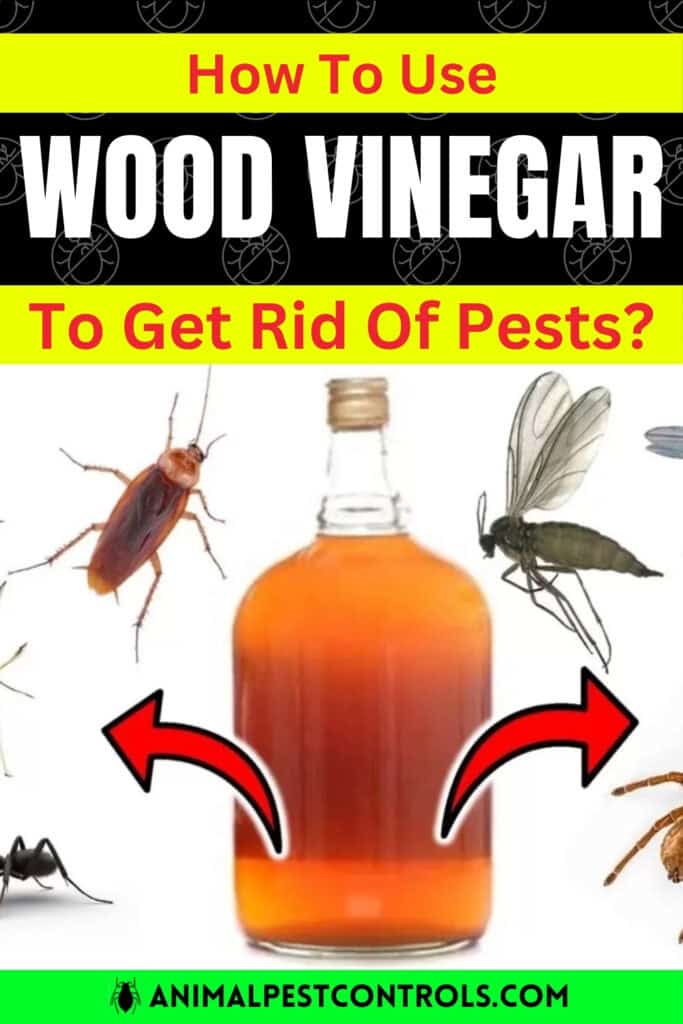
4. Fruit flies
Fruit flies are pesky little creatures that appear out of nowhere and infest your kitchen within days. While they may be small, fruit flies can cause a big headache for homeowners.
Not only are they irritating to have flying around your fruits and vegetables, but these tiny insects also pose a health risk as they carry bacteria and can contaminate your food. An effective way to deal with fruit fly infestations is to use wood vinegar.
This natural remedy is highly effective against fruit flies. It features organic acids that create an unfavorable environment for fruit flies, making it an excellent choice for pest control.
Dilute it with water and a few drops of dish soap and spray it around areas where you suspect their presence. This solution deters these flies and neutralizes the odor that attracts fruit flies in the first place. Besides, wood vinegar has antibacterial properties, eliminating harmful bacteria from these pests.
5. Cockroaches
Cockroaches are one of the most despised pests that invade homes. These resilient creatures can survive in extreme conditions and multiply rapidly, making them a challenging problem.
However, you can eradicate them with an efficient and eco-friendly solution: wood vinegar.
The odor from wood vinegar is a powerful repellent for these unwanted visitors. Diluting wood vinegar with water and spraying it around areas where you’ve noticed cockroach activity – such as kitchens and bathrooms – can keep these pests at bay.
You can add a few drops of essential oils to boost the pest-repelling strength. In addition to its repelling properties, wood vinegar has insecticidal effects on cockroaches.
Its acetic acid component disrupts their respiratory system and causes their bodies to dehydrate, leading to demise.
Recent studies suggest that wood vinegar affects the reproductive abilities of cockroaches by causing infertility among females and reducing egg production in those that manage to reproduce.
This way, wood vinegar addresses the immediate problem of eliminating existing pests and preventing future infestations.
6. Gnats
Gnats are flying insects that can be quite a nuisance. Their constant buzzing and swarming near your face can ruin any outdoor gathering.
But did you know that wood vinegar can eliminate these pesky critters? The strong scent of wood vinegar repels gnats, making them want to stay far away from your immediate vicinity.
Dilute wood vinegar with water in a spray bottle and apply it around your patio or picnic area, creating an invisible barrier that keeps these irritating pests at bay.
7. Spiders
Spiders are eight-legged bugs that create intricate webs. They are a subject of fascination and fear. They evoke images of Halloween decorations and horror movies.
Instead of resorting to toxic chemicals or swatting them with a shoe, wood vinegar offers a safe and non-toxic solution to eliminate these arachnids.
To use wood vinegar for spider control – mix equal parts of vinegar with water in a spray bottle and apply it to areas where spiders tend to congregate.
These areas could include corners of rooms, window sills, or cracks in walls. You can add a teaspoon of chili powder to create a toxic solution. The aroma of the wood vinegar repels spiders due to its acetic acid content.
Conclusion
Wood vinegar is a versatile and effective solution for eliminating pests in your home and garden. Its all-natural properties make it a safe alternative to harmful chemicals while providing powerful pest control results.
Whether you are dealing with crawling or flying pests, wood vinegar has got you covered.
So why not try it? Say goodbye to those pests and hello to a healthier, happier environment. It’s time to harness the power of wood vinegar and reclaim your space from those unwanted intruders!
